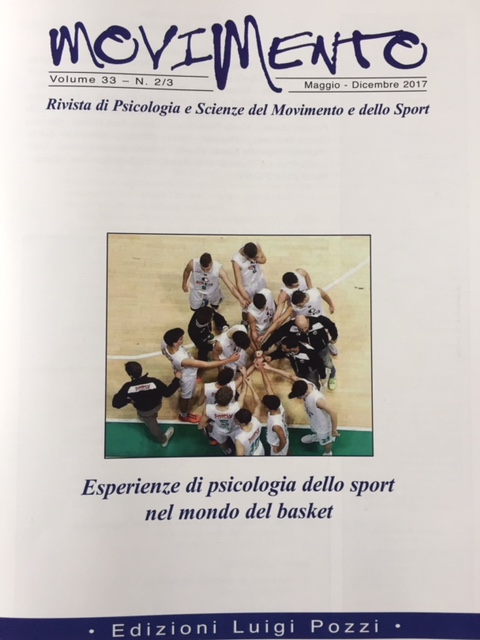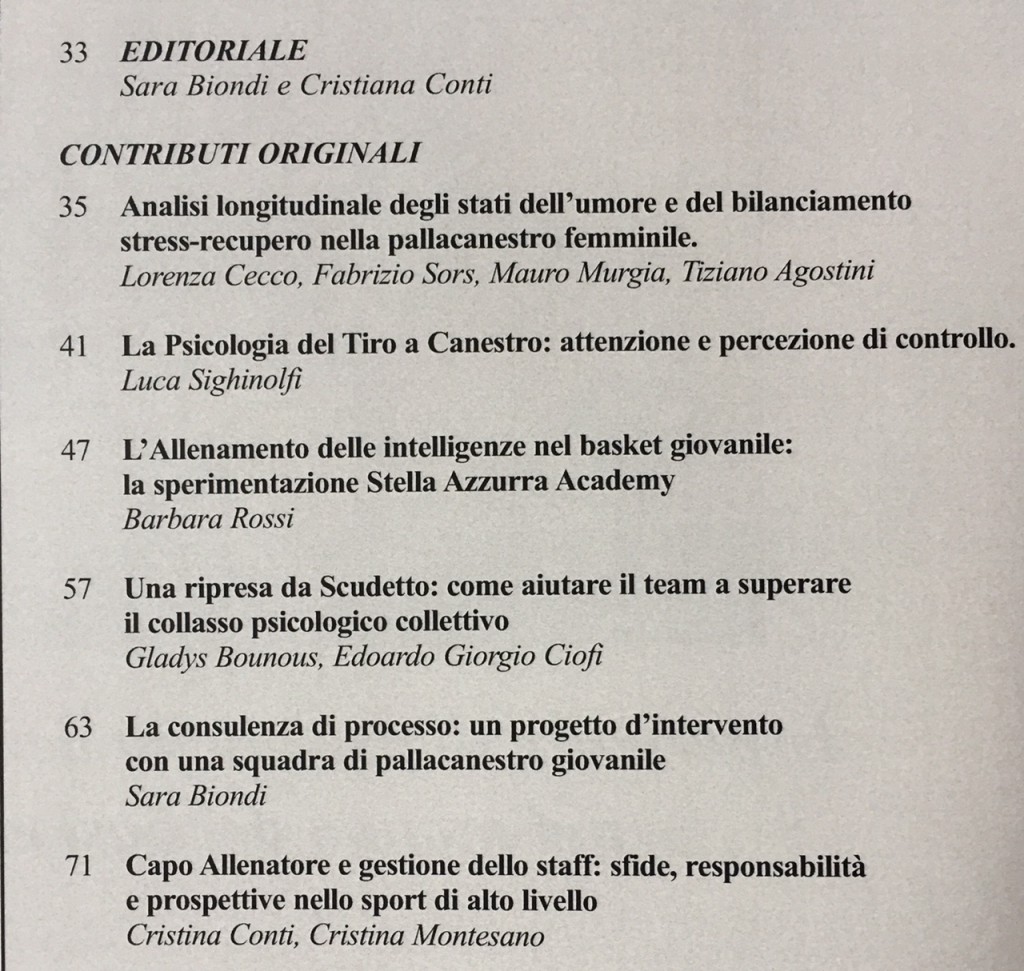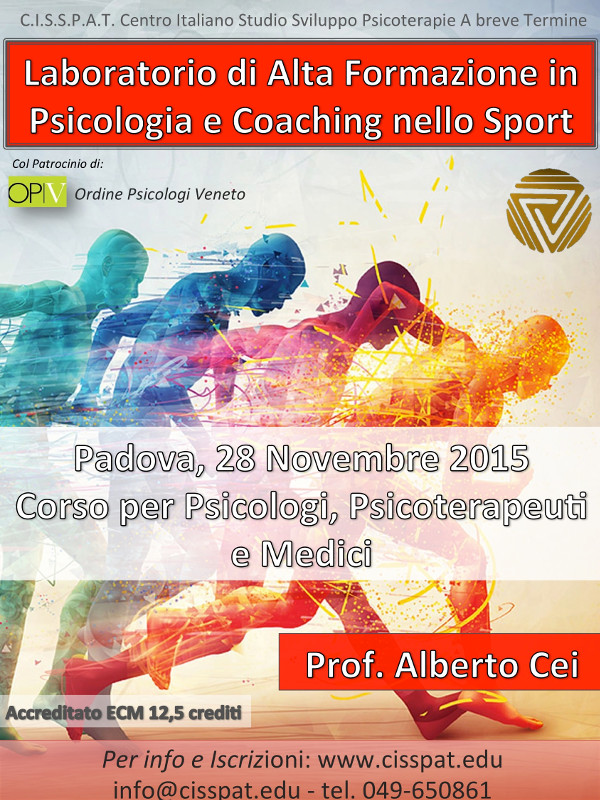Interesting and very usful article by Fabio Lucidi titled ”From Rome 1965 to Rome 2015: Sport psychology fifty years since the first International Congress”, Giornale Italiano di Psicologia, XLII, 3, 2015, 381-394.
Abstract
The first International Congress of Sport Psychology took place on April the 20th, 1965, in the Auditorium of the Italian Olympic Committee in Rome. The Congress, marking the beginning of Modern Era of this scientific field, was organized by a small group of pioneers, led by the Italian psychiatrist Ferruccio Antonelli. Exactly fifty years after, this historical occasion has been celebrated in the very same place of the Italian Olympic Committee Centre, in Rome, during the «International Society of Sport Psychology» 50th Anniversary’ Seminar. This recurrence represents the occasion to reflect on the past, and on the way in which the political and social facts have influenced the development of this scientific field and on the future, namely on the opportunities that it may reserve for sport psychologists.










